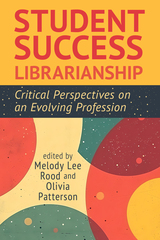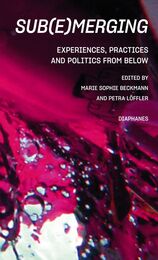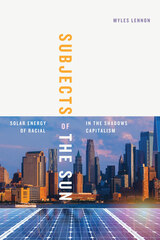
As direct descendants of the great courtier-poets Fujiwara no Shunzei (1114–1204) and his son Teika (1162–1244), the heirs of the noble Reizei house can claim an unbroken literary lineage that spans over eight hundred years. During all that time, their primary goal has been to sustain the poetic enterprise, or michi (way), of the house and to safeguard its literary assets.
Steven D. Carter weaves together strands of family history, literary criticism, and historical research into a coherent narrative about the evolution of the Reizei Way. What emerges from this innovative approach is an elegant portrait of the Reizei poets as participants in a collective institution devoted more to the continuity of family poetic practices and ideals than to the concept of individual expression that is so central to more modern poetic culture.
In addition to the narrative chapters, the book also features an extensive appendix of one hundred poems from over the centuries, by poets who were affiliated with the Reizei house. Carter’s annotations provide essential critical context for this selection of poems, and his deft translations underscore the rich contributions of the Reizei family and their many disciples to the Japanese poetic tradition.
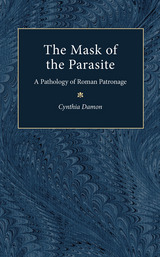
In The Mask of the Parasite, Cynthia Damon maintains that the parasite of Latin literature is a negative reflection of the cliens. In Part One she assembles a composite picture of the comic parasite using as evidence fragments of Greek comedy, works from Greek writers of the imperial period whose works reflect the comic tradition, and the ten complete plays of Roman comedy in which a parasite appears. In parts two and three she examines the ways in which Cicero and the satirists use the figure of the parasite: Cicero in belittling his opponents in court, Horace and Martial in creating a negative foil for the poeta cliens, Juvenal in painting contemporary patron/client relationships as morally and spiritually bankrupt.
The Mask of the Parasite is a fascinating study of the intersection of literature and society in ancient Rome. However, neither the parasite nor patronage is confined to the Roman world. Students of classical studies as well as students of literature and cultural studies will find this to be a work of utmost importance in understanding these complex issues of human interaction.
Cynthia Damon is Assistant Professor of Classics, Amherst College
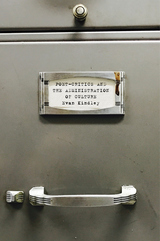
The period between 1920 and 1950 saw an epochal shift in the American cultural economy. The shocks of the 1929 market crash and the Second World War decimated much of the support for high modernist literature, and writers who had relied on wealthy benefactors were forced to find new protectors from the depredations of the free market. Private foundations, universities, and government organizations began to fund the arts, and in this environment writers were increasingly obliged to become critics, elucidating and justifying their work to an audience of elite administrators.
In Poet-Critics and the Administration of Culture, Evan Kindley recognizes the major role modernist poet-critics played in the transition from aristocratic patronage to technocratic cultural administration. Poet-critics developed extensive ties to a network of bureaucratic institutions and established dual artistic and intellectual identities to appeal to the kind of audiences and entities that might support their work. Kindley focuses on Anglo-American poet-critics including T. S. Eliot, Marianne Moore, W. H. Auden, Archibald MacLeish, Sterling A. Brown, and R. P. Blackmur. These artists grappled with the task of being “village explainers” (as Gertrude Stein described Ezra Pound) and legitimizing literature for public funding and consumption.
Modernism, Kindley shows, created a different form of labor for writers to perform and gave them an unprecedented say over the administration of contemporary culture. The consequences for our understanding of poetry and its place in our culture are still felt widely today.

READERS
Browse our collection.
PUBLISHERS
See BiblioVault's publisher services.
STUDENT SERVICES
Files for college accessibility offices.
UChicago Accessibility Resources
home | accessibility | search | about | contact us
BiblioVault ® 2001 - 2025
The University of Chicago Press


